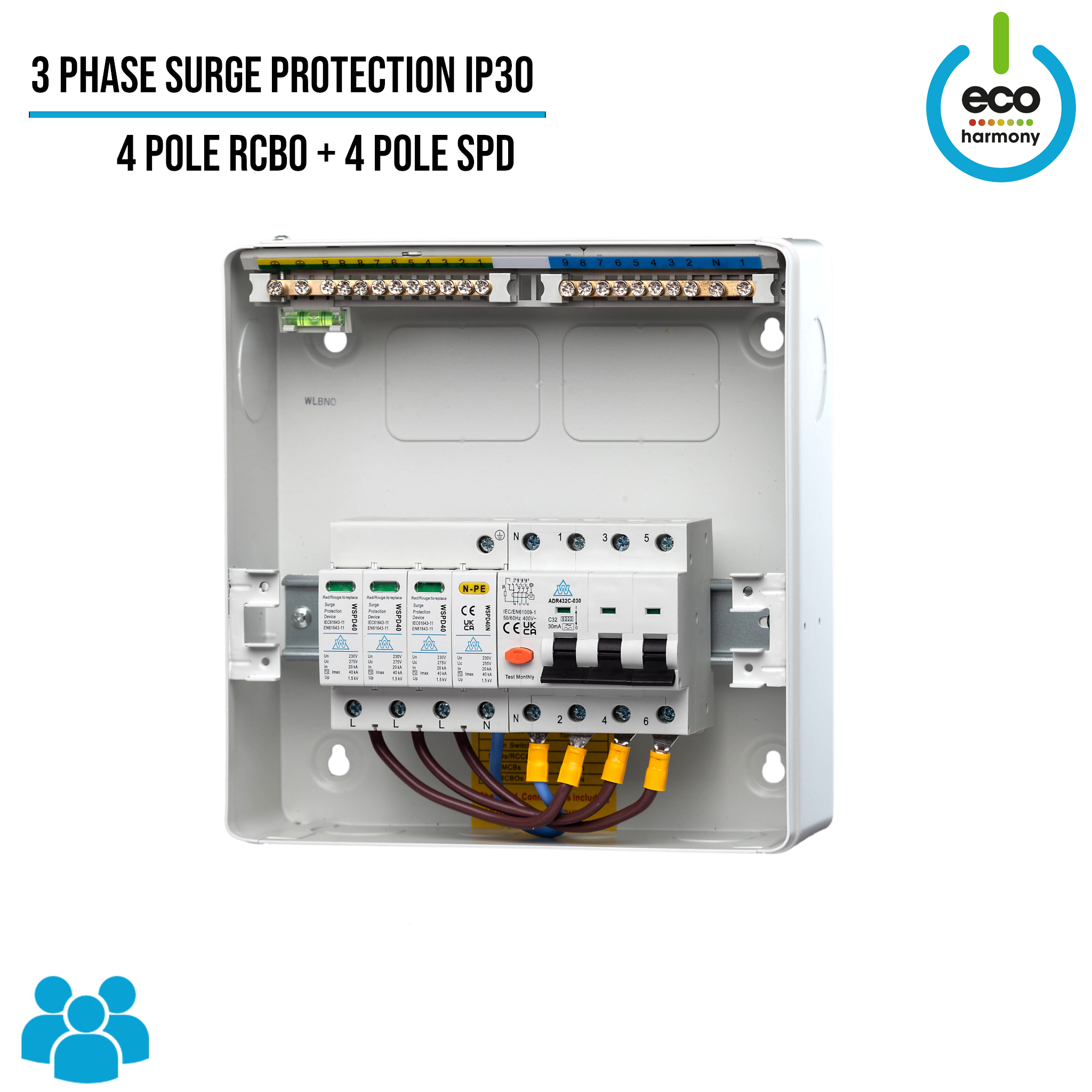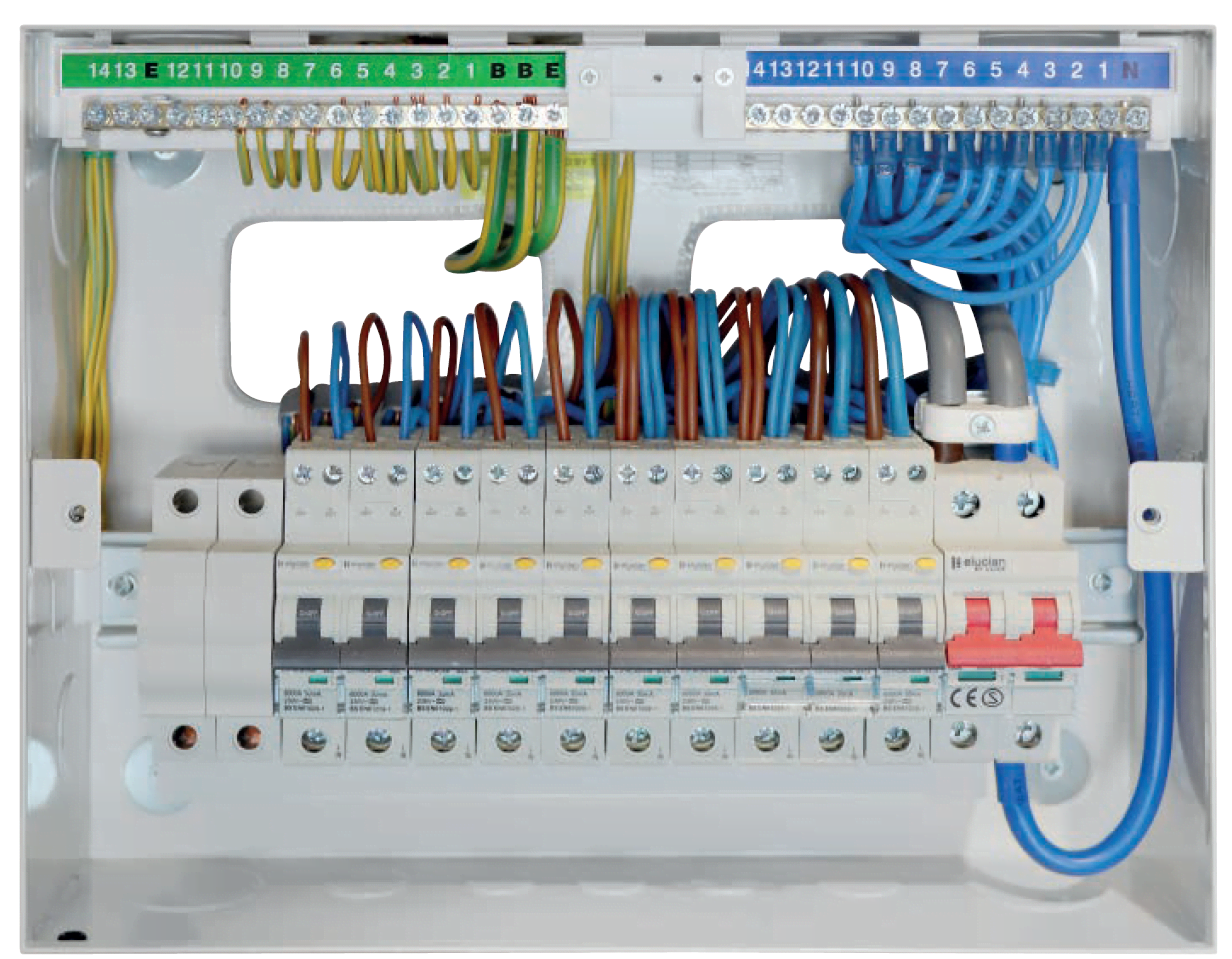The Role of Consumer Units in Effective Energy Management Systems
Customer devices are integral to reliable power management systems, serving as the primary distribution factors for electrical power within structures. The development of clever modern technologies has better enhanced their functionality, enabling for real-time data tracking and nuanced energy intake analysis.
Understanding Consumer Units

Recognizing the function of customer devices starts with acknowledging their crucial function in securing electrical systems. By separating faults within particular circuits, consumer devices prevent extensive outages and prospective fire risks. This isolation is accomplished through making use of breaker that trip or integrates that blow when a fault is discovered, consequently reducing off the electrical flow to the impacted circuit.
Moreover, consumer systems help with the organized circulation of power, boosting the efficiency of energy usage. They permit the methodical monitoring of electric loads, which can be specifically vital in industrial and business setups where need can change significantly. Appropriately maintained customer units add to the long life of electric systems and aid in lessening downtime brought on by electric failures, inevitably supporting the seamless operation of energy-dependent centers.
Smart Technologies Assimilation

A key advantage of smart consumer units is their capacity to utilize progressed algorithms and artificial intelligence for predictive analytics. This allows for preemptive adjustments based upon use patterns, weather report, and other variables, substantially raising general effectiveness. Furthermore, clever consumer devices facilitate need action programs, where power usage can be dynamically changed during height durations to support the grid and reduce expenses.
The assimilation of renewable resource sources, such as solar and wind, is additionally structured with wise customer devices. By intelligently managing the intermittency of these resources, these systems guarantee a reliable and well balanced energy supply. Furthermore, smart consumer units boost customer interaction by providing in-depth insights and push-button control capacities via mobile applications, cultivating a more positive strategy to power conservation and sustainability.
Monitoring Energy Intake
Structure on the capacities of smart innovations combination, keeping an eye on power consumption becomes an important focus within power management systems. By leveraging sophisticated metering facilities (AMI), real-time data on energy usage can be accumulated at granular levels, supplying important insights into consumption patterns and peak demand review periods.
Smart meters and Net of Things (IoT) devices play a crucial function in this monitoring procedure. These tools can track energy use in real-time, sending information to central systems for analysis. The collected information is after that processed through sophisticated formulas to discover abnormalities, predict future consumption, and recommend optimization methods. In addition, cloud-based options provide scalable platforms for storing and evaluating big datasets, promoting remote tracking and control.
The integration of these innovations not only encourages customers with in-depth info regarding their power usage however additionally supports utility carriers in taking care of load circulation more effectively. Inevitably, precise and continual monitoring is important for attaining energy performance, expense savings, and sustainability objectives within energy monitoring systems.
Optimizing Appliance Use

One effective method includes recognizing optimal and off-peak hours to change energy-intensive activities, such as laundry or dishwashing, to times when energy need is reduced. This not just reduces pressure on the grid yet likewise maximizes reduced power tolls. Additionally, integrating maker knowing algorithms enables for anticipating maintenance, guaranteeing devices run at ideal performance and prolonging their life expectancy.
Power monitoring systems can also integrate user-specific preferences and behaviors to customize home appliance use schedules. navigate to these guys For example, clever lights systems can change illumination based upon occupancy and natural light availability, while HVAC systems can keep comfort degrees without excessive power usage.
Supporting Sustainability
Promoting sustainability within energy administration systems entails not only improving effectiveness but additionally fostering ecologically responsible practices. Customer systems are integral to this procedure, as they provide real-time data and control devices that enable individuals to check and minimize their power usage. By leveraging advanced technologies, consumer units can determine energy-saving possibilities and facilitate the assimilation of sustainable energy resources like solar and wind power.
One crucial element of promoting sustainability is educating customers on the benefits of liable power usage. Through detailed insights provided by customer devices, customers can make educated decisions that reduce their carbon footprint. As an example, these devices can advise optimum times for operating high-energy home appliances based on grid need and sustainable power schedule, thus reducing dependence on nonrenewable fuel sources.
Furthermore, consumer devices sustain the fostering of clever grid modern technologies, which enhance the general performance and integrity of power circulation. By allowing two-way interaction in between customers and utility carriers, these systems can dynamically get used to energy demands, decreasing waste and promoting using sustainable power techniques.
Conclusion
Consumer units, as indispensable components of power monitoring systems, significantly boost electric security and performance within structures through circuit security and smart technology integration. Real-time information monitoring and evaluation helped my link with by these units maximize energy intake and home appliance use. In addition, the consolidation of renewable resource sources promotes lasting methods, adding to minimized general energy consumption and lower carbon impacts. As a result, consumer devices play an essential function in advancing both energy performance and ecological sustainability.
Advances in smart modern technologies have actually reinvented the capabilities of power management systems, particularly via the assimilation of clever customer devices.Building on the capacities of smart innovations assimilation, keeping an eye on energy consumption comes to be a critical emphasis within energy management systems.Effective home appliance use optimization is an essential component of energy monitoring systems, intending to boost performance and minimize unneeded energy consumption.Consumer devices, as integral components of energy administration systems, significantly boost electrical safety and security and performance within structures through circuit defense and clever innovation assimilation. Furthermore, the consolidation of renewable power resources advertises sustainable methods, contributing to decreased overall power consumption and reduced carbon footprints.